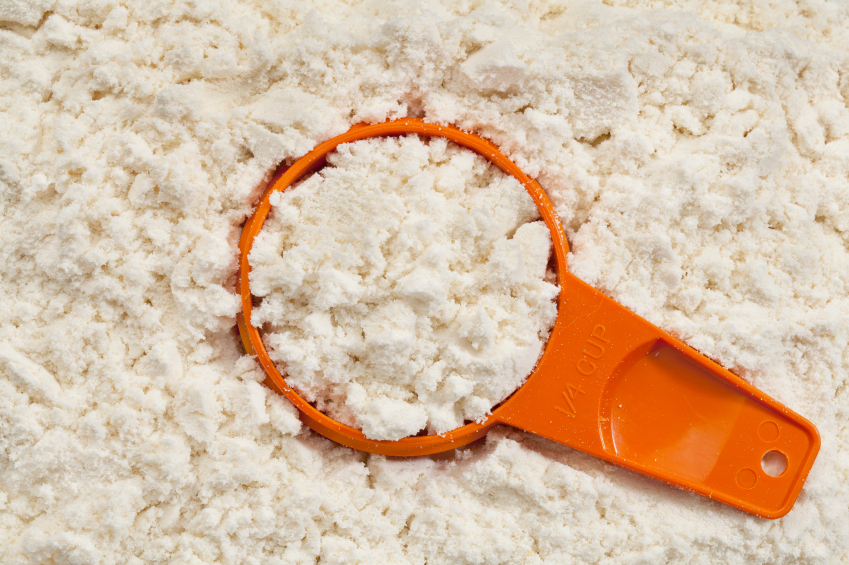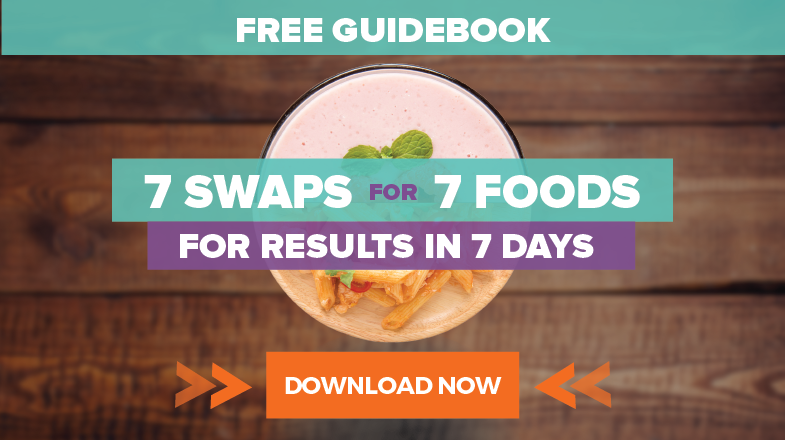Among the wide array of protein powders, whey is perhaps most ubiquitous and popular. I've long opted for non-soy plant-based proteins because they don't create potential reactions. With its blend of chlorella, pea, and chia, The Virgin Diet All-in-One Shake helps balance blood sugar to keep you full, focused, and burning fat for hours.
Why not whey? After all, with a biological value of 104[1] – higher than even egg whites – whey has long been the gold standard in protein powders. That's where its problems begin. Because whey remains a staple among bodybuilders and other athletic folks, manufacturers often mass-produce it cheaply with added preservatives, sweeteners, and artificial flavors.
Even high-quality whey isn’t the panacea you might think. One study found whey creates an insulinogenic effect similar to white bread. In other words, whey protein can elevate blood sugar (and subsequently, insulin) levels similarly to a high-carbohydrate food like bread.
While elevated insulin might be ideal after a rigorous workout, most folks aren’t using whey as a post-workout glycogen-storing fuel. You’re more likely using it as a meal replacement powder, where whey can become a serious disadvantage.
“It just doesn’t keep me full very long,” people often tell me about whey-based meal replacement drinks. Now you know why: Compared with other protein powders, whey absorbs very quickly. Great after a workout, but not so great as a meal-replacement powder where you want a slow-releasing protein to keep you full for hours.
Sports nutritionist John Berardi, PhD, notes several other problems with whey. Even though whey is mostly lactose free, even high-quality whey protein can contain traces of this sugar. Dried whey, a common food additive, contains almost 77% lactose.[2]
Several protein fragments in whey can also create food intolerances and, according to Berardi, an “excessive inflammatory immune response.”
Gas and bloating, stuffy nose, and excess mucus production are signals your body might not be tolerating whey well. In fact, as a highly reactive dairy food, whey can create many symptoms I describe in The Virgin Diet.
Berardi also says some brands misleadingly use inferior ingredients or poor-quality forms of whey not listed on the label.
Grass-fed whey isn’t really any better. “Think about why we prefer pastured animal products in the first place – favorable fatty acid profiles, more fat-soluble vitamins, cleaner, better-tasting meat,” writes Mark Sisson. “Why do we take protein powder? For the protein… Feel free to use grass-fed whey protein, but don’t think it’s doing anything special.”[3]
As a meal replacement powder, whey can raise insulin (a hormone that stores fat) and doesn't provide satiety like slower-absorbing proteins do. As your go-to protein powder for The Virgin Diet Shake, it can quickly create food intolerances. That's why I say “No whey.”
As a fast-absorbing post-workout protein, whey might occasionally be ideal for athletic folks without dairy intolerances, but it should never become your sole protein-powder source. Even then, you've got better choices, like my all-in-one non-dairy animal-based protein shake in delicious chocolate or vanilla.
What's your go-to protein powder after workouts and as a meal replacement? Do you see any potential benefits or drawbacks of whey that I didn't mention here?







